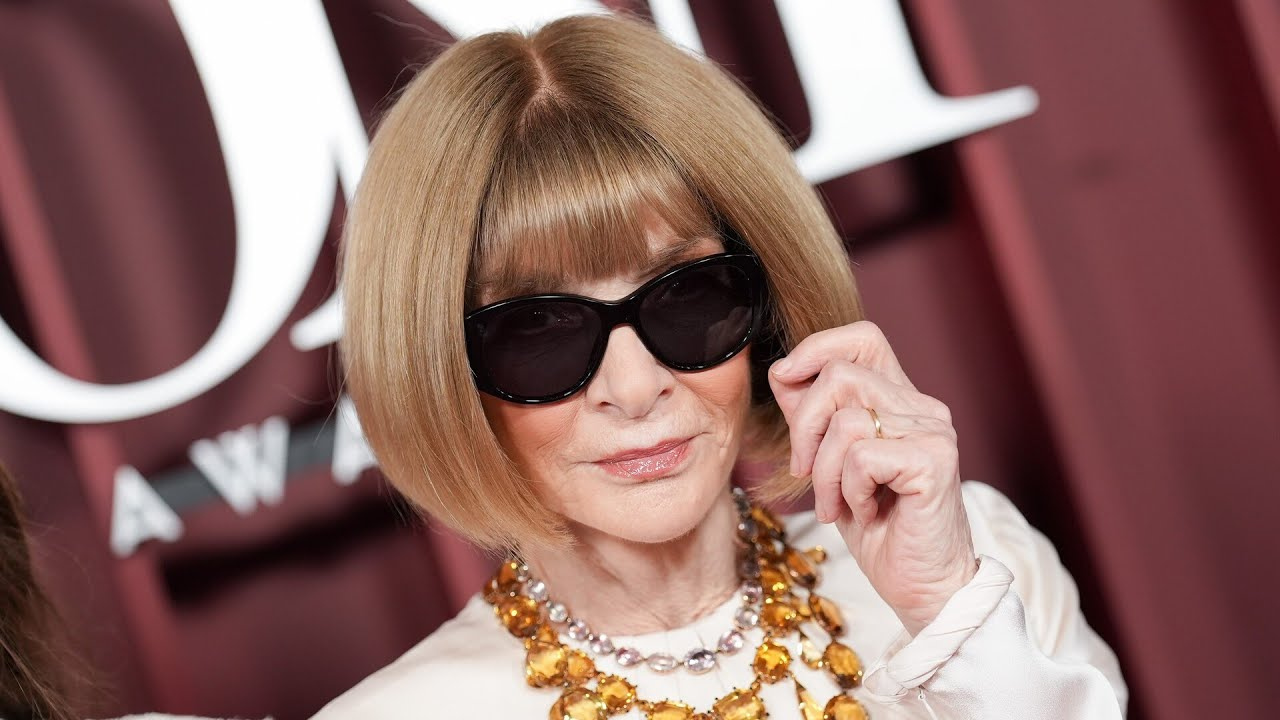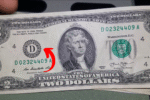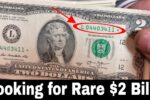For over three decades, Anna Wintour has reigned as the editor-in-chief of Vogue, shaping not only the magazine but also the broader fashion industry itself. Her signature bob haircut and dark sunglasses are as iconic as her influence, and her presence at the helm of Vogue has made her one of the most powerful figures in fashion history. But with Wintour now in her mid-70s, the question looms: what will her legacy be, and who could possibly fill her shoes?
The Rise of a Fashion Powerhouse
Anna Wintour became editor-in-chief of American Vogue in 1988, bringing with her a vision that modernized the magazine and redefined fashion journalism. From her very first cover—featuring model Michaela Bercu in jeans and a bejeweled Christian Lacroix jacket—Wintour signaled a bold departure from tradition. She wanted fashion to reflect real life: high and low, couture and street style, elegance with accessibility.
Her decisions weren’t always conventional, but they were always influential. Wintour cultivated a relationship with the biggest names in fashion, championed young designers like Marc Jacobs and Alexander McQueen early in their careers, and maintained a close relationship with the luxury houses that define the industry.
Her stewardship extended beyond editorial. As the artistic director for Condé Nast and global content advisor, Wintour shaped the editorial tone of publications beyond Vogue. She also spearheaded the Met Gala’s transformation from a fundraising event into the “Super Bowl of fashion,” making it a global cultural phenomenon.
Defining a Cultural Era
Wintour’s editorial direction often aligned Vogue with evolving social conversations. She placed celebrities like Kim Kardashian, Beyoncé, and Serena Williams on the cover, broadening the perception of who belongs in high fashion. Her critics argued that she sometimes lagged behind in matters of diversity and inclusion, but recent years have shown a more deliberate push in those areas under her leadership.
Yet, Wintour’s reign hasn’t been without controversy. Former staffers and industry insiders have criticized her leadership style as cold or overly perfectionist, echoing the fictional Miranda Priestly from The Devil Wears Prada, widely believed to be based on Wintour. In 2020, amid the racial reckoning following George Floyd’s death, Wintour acknowledged that Vogue had not done enough to elevate Black voices. Since then, she’s worked to diversify both content and staff across Vogue’s platforms.
Her Enduring Impact
No matter the criticisms, Anna Wintour’s impact is undeniable. She transformed Vogue into more than a fashion magazine—it became a barometer for style, status, and culture. She blended celebrity culture with fashion editorial, bridging the gap between Hollywood and haute couture. Today’s readers expect to see pop culture stars on fashion covers, a shift that began under Wintour’s editorial eye.
Moreover, her ability to adapt to the digital age is notable. While print publications struggled, Wintour expanded Vogue’s digital presence, growing Vogue.com, launching Vogue Runway, and establishing Vogue’s presence on social media. Under her leadership, Vogue remained relevant even as the media landscape shifted dramatically.
Who Could Succeed Anna Wintour?
Replacing Anna Wintour is not a simple task—it would be replacing an institution. Still, as retirement whispers grow louder, a shortlist of possible successors has emerged, each with their own credentials and vision.
1. Edward Enninful
Former editor-in-chief of British Vogue, Edward Enninful is one of the most frequently mentioned successors. He brought bold inclusivity to British Vogue, featuring models and subjects of color, people with disabilities, and non-traditional beauty. Enninful’s background as a stylist gives him a hands-on understanding of fashion, and his editorial choices often reflect social consciousness. Though he stepped down from his role in 2023 to become an editorial advisor at Vogue and global creative and cultural advisor at Condé Nast, many speculate this was a stepping stone toward a larger role.
2. Sally Singer
A former digital creative director at Vogue and current head of fashion direction at Amazon, Sally Singer is deeply entrenched in both fashion and digital innovation. She understands Vogue’s DNA and also has a forward-thinking mindset, especially when it comes to the convergence of tech and style. She could modernize Vogue further while preserving its editorial gravitas.
3. Chioma Nnadi
Currently the editor of British Vogue, Nnadi was appointed in 2023, making her the first Black woman to hold that title. Her work has championed new voices, global perspectives, and experimental style narratives. Nnadi’s sensibility is rooted in cultural relevance, and she brings a cool, creative energy that aligns with a younger generation of fashion readers.
4. Eva Chen
Former beauty editor at Teen Vogue and now a director at Instagram, Eva Chen bridges the gap between legacy fashion media and the digital ecosystem. Her strong social media presence, relatability, and understanding of influencer culture make her an intriguing, if unconventional, choice.
The Future of Vogue
Whoever replaces Anna Wintour will face enormous expectations—not only to maintain Vogue’s prestige but to reimagine its role in an era where fashion is more democratized than ever. The successor must engage new generations without alienating loyal readers, embrace sustainability, diversity, and technology, and sustain fashion’s aspirational allure.
Wintour’s legacy is not just the clothes she helped popularize but the stories she chose to tell—and the doors she opened or closed in the process. Whether Vogue’s next chapter will build upon that legacy or break from it entirely remains to be seen.
As Anna Wintour’s era slowly approaches its twilight, one thing is certain: the fashion world will never see another editor quite like her. Her successor will not just inherit a job—they will inherit a throne, one built on decades of elegance, innovation, controversy, and unmatched cultural sway.





